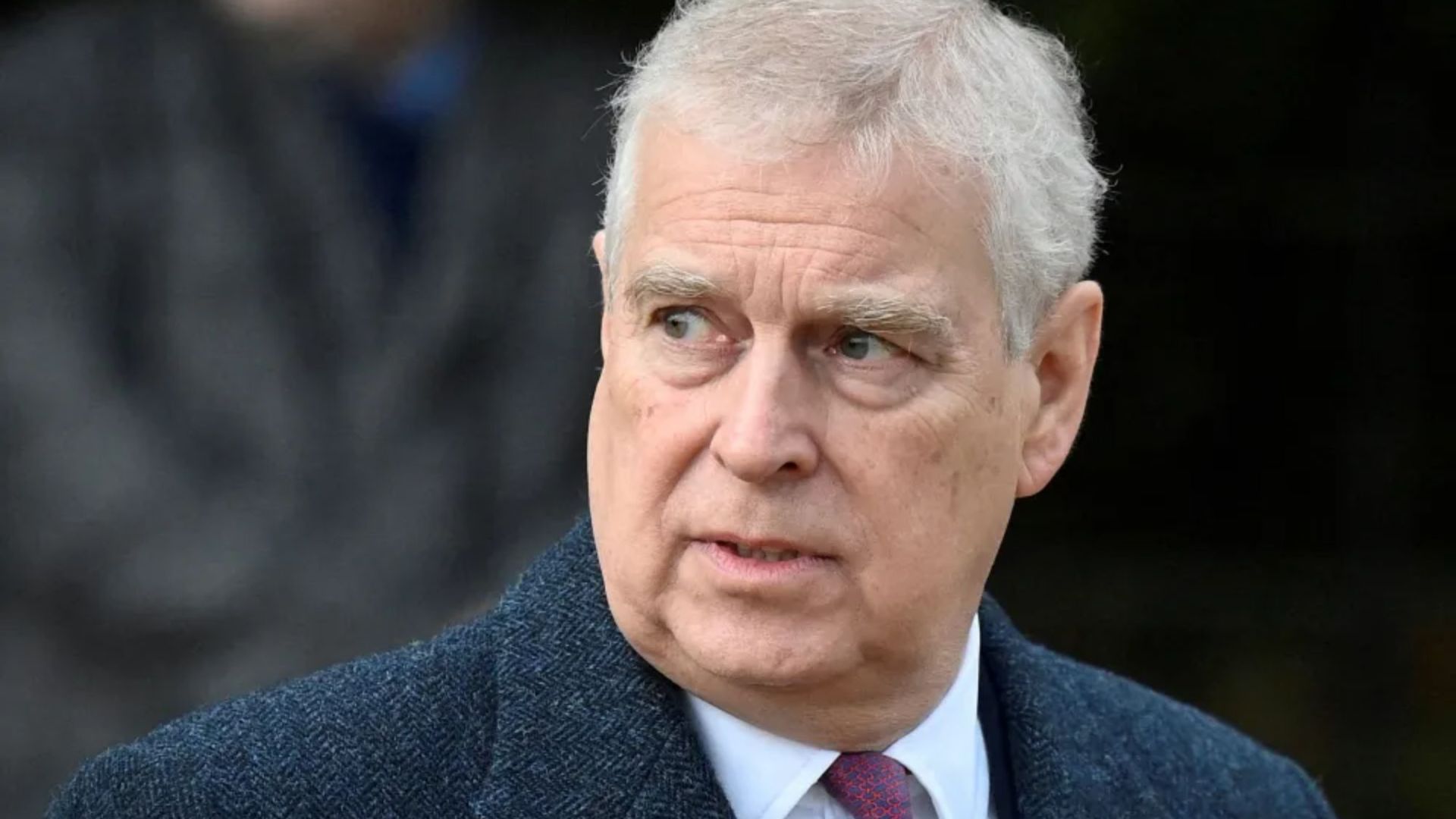Andrew Windsor, the Duke of York, organized a VIP visit to Buckingham Palace for executives involved in a cryptocurrency venture that proposed to pay his ex-wife, Sarah Ferguson, up to £1.4 million. The visit took place in June 2019, while the late Queen Elizabeth II was residing at the palace. Executives Jay Bloom and Michael Evers were driven through the palace gates in Windsor’s personal vehicle, highlighting the close ties between the royal family and the cryptocurrency firm.
The crypto scheme, which ultimately collapsed, aimed to promote a new digital currency. It garnered attention not only for its ambitious proposals but also for its connections to high-profile individuals. The offer to Fergie was part of a larger marketing strategy intended to leverage her celebrity status to enhance the project’s credibility.
Windsor’s involvement with the crypto executives raises questions regarding the appropriateness of royal family members engaging with private enterprises, especially those linked to controversial financial markets. The fallout from the venture, now seen as a financial failure, has cast a shadow over Windsor’s reputation, which had already been scrutinized in recent years.
The details of the arrangement between the cryptocurrency firm and Ferguson remain vague, with reports indicating that she was to serve as an ambassador for the brand. This strategy was not uncommon in the cryptocurrency realm, where businesses often sought to align themselves with public figures to gain legitimacy.
The visit to Buckingham Palace has sparked debate about the intersection of royal duties and personal business dealings. Critics argue that such actions can undermine the integrity of the monarchy, while supporters contend that Windsor was merely acting as a private citizen facilitating a social engagement.
Despite the high-profile nature of the visit, the cryptocurrency initiative faced significant operational challenges. By early 2021, the firm had collapsed, and legal issues arose surrounding its financial practices. Many investors reported substantial losses, and the fallout raised concerns about the regulatory oversight of cryptocurrency ventures.
Following the collapse, both Bloom and Evers faced scrutiny, prompting them to distance themselves from the project. The implications of this venture extend beyond the financial realm, affecting public perception of the royal family and its members’ judgment in business matters.
In light of these developments, Andrew Windsor’s role in facilitating the visit to Buckingham Palace for cryptocurrency executives highlights the complexities of modern royal engagements. As public interest in cryptocurrency continues to grow, the royal family’s involvement in such ventures is likely to remain a topic of discussion and concern.







